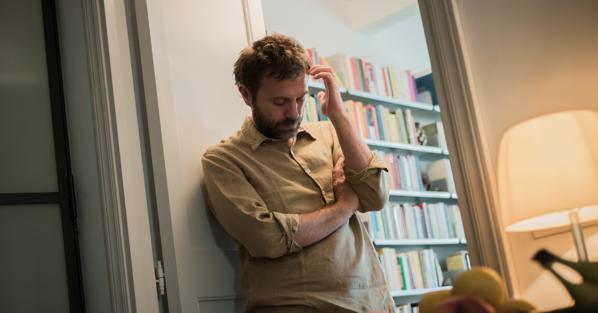Have you ever thought about the huge amount of metal swirling above our heads? Should. Because sooner or later all that material orbiting in space can fall to Earth, like an asteroid shower. Or the migration of clouds towards the poles and leaving us at the mercy of ultraviolet radiation? Or to ailanthus, a shrub of Asian origin that spread menacingly across the planet “like one gigantic plant organism”, imposing itself on the rest of the vegetation and threatening its extinction?
How many visions have been announced! Global warming, Islamic terrorism, pandemics, the atomic threat, everything seems to bring us closer to the end of the world. Is this really our destiny? Is this the world we live in? Or is this what we prefer to believe in order to escape our true fears? And if the apocalypse is real, where do you find escape?
This is what Paolo Giordano (Strega Prize in 2008) proposes to himself in his new novel Tasmania (Einaudi, p. 258, €19.50), showing his alter ego in the midst of an existential crisis. It’s an idle question, of course, but here’s the answer: Tasmania. the reason? “It has a good supply of fresh water, it is in a democratic state and has no human predators. It is not very small but it is still an island, and it is very easy to defend it. Because we will have to defend ourselves, believe me.”
Drive out fear
Speaking is one of several characters crowded into the novel, Professor Novelli, a brilliant physicist who deals with climate models by studying clouds and who firmly believes the world is coming to an end. Obviously, even his answer is just a way of evading the question, expelling fear.
the end of the world
According to the Clock of the Apocalypse developed by a group of atomic scientists, we were approaching midnight, which symbolically coincides with Finis mundi: there are only two and a half minutes left. Although, strictly speaking, one should talk about the “end of human civilization”, something completely different. Because even if man were to disappear, “most other animal species wouldn’t even notice.” These are the words of Giacomo Leopardi, written two centuries ago. All this is true, of course, but with due caution. We live in the midst of danger, no one can deny it.






Leave a Reply